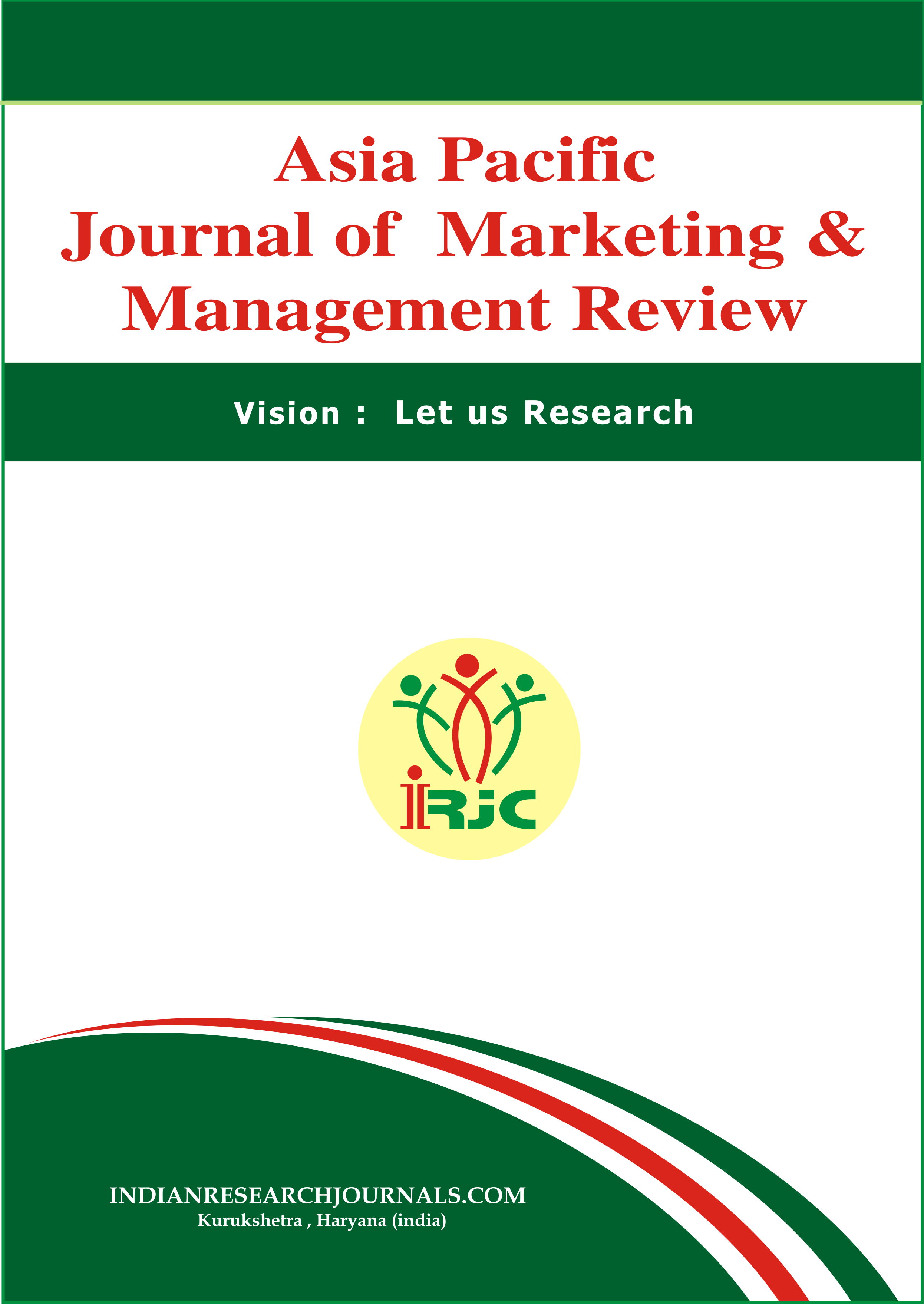SUSTAINABLE GROWTH AND GLOBAL FINANCIAL REPORTING STANDARDS
Keywords:
Sustainable development, financial reporting, international standards, IFRS, ESG (Environmental, Social, Governance), sustainability reporting, International Sustainability Standards Board (ISSB), integrated reporting, global standards, transparency, corporate sustainability, value creation, regulatory compliance.Abstract
Sustainable development has become a central concern in the global agenda, addressing the need for economic growth that is both environmentally responsible and socially equitable. Financial reporting plays a crucial role in this context by providing transparent, reliable, and comparable information that enables stakeholders to assess a company’s alignment with sustainability goals. This article explores the integration of sustainable development principles with international financial reporting standards, particularly the International Financial Reporting Standards (IFRS), and how these frameworks are evolving to incorporate environmental, social, and governance (ESG) factors. The formation of the International Sustainability Standards Board (ISSB) by the IFRS Foundation is a significant step towards harmonizing financial and sustainability reporting, ensuring consistency and comparability across global markets. Despite challenges, such as the lack of universally accepted sustainability reporting standards, ongoing initiatives are paving the way for more integrated reporting practices. This article highlights the opportunities and challenges companies face in aligning their financial reporting with sustainable development objectives, and discusses how such integration can drive long-term value creation while contributing to global sustainability goals.
References
Brundtland, G. H. (1987). Our Common Future: Report of the World Commission on Environment and Development. United Nations.
Elkington, J. (1998). Cannibals with Forks: The Triple Bottom Line of 21st Century Business. Capstone Publishing.
Gray, R., & Milne, M. (2002). Sustainability reporting: Who’s kidding whom? Chartered Accountants Journal of New Zealand, 81(6), 66–70.
Barth, M. E., Landsman, W. R., Lang, M. H., & Williams, C. D. (2012). Are IFRS-based and US GAAP-based accounting amounts comparable? Journal of Accounting and Economics, 54(1), 68–93.
Nobes, C., & Parker, R. (2020). Comparative International Accounting (14th ed.). Pearson Education.
Eccles, R. G., & Krzus, M. P. (2018). The Nordic model: An analysis of leading practices in ESG disclosure. Nordic Journal of Business, 67(2), 4–24.
Ioannou, I., & Serafeim, G. (2015). The impact of corporate social responsibility on investment recommendations: Analysts’ perceptions and shifting institutional logics. Strategic Management Journal, 36(7), 1053–1081.
Adams, C. A. (2017). The Sustainable Development Goals, integrated thinking and the integrated report. Institute of Chartered Accountants of Scotland.
Downloads
Published
Issue
Section
License
Copyright (c) 2025 GEJournals

This work is licensed under a Creative Commons Attribution-NonCommercial-NoDerivatives 4.0 International License.





